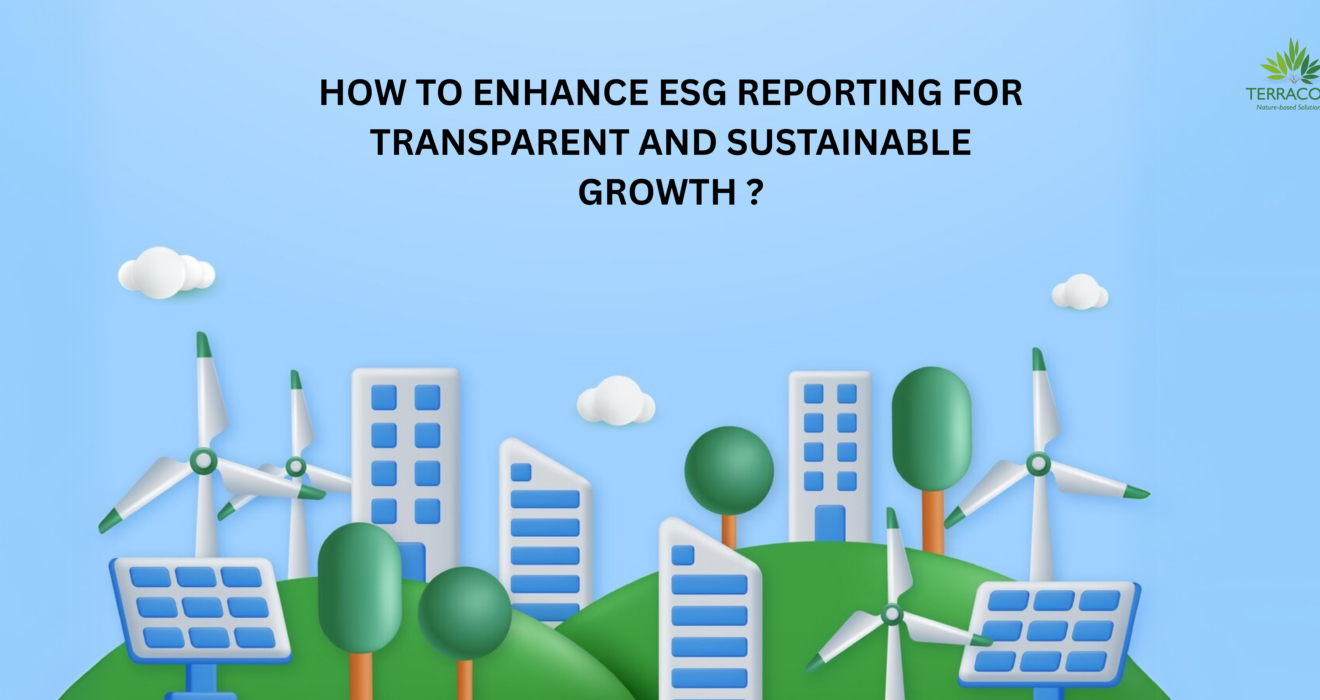Sustainability is now at the forefront of corporate agendas, especially as the emphasis on Environmental, Social, and Governance (ESG) factors grows globally. In India, businesses are increasingly recognizing the need to integrate sustainability into their strategies. This shift comes at a time when consumers are becoming more aware of the environmental and social impacts of business operations. According to a report by Deloitte, nearly 86% of Indian institutional investors now regard sustainability reports as crucial for evaluating businesses. This growing demand for transparency underscores the critical importance of sustainability reporting. It’s not just about compliance; it’s about building trust and showcasing commitment to ethical practices. However, while businesses understand the significance of these reports, they often face hurdles in ensuring that the information provided is accurate and comprehensive.
One of the main challenges businesses face in sustainability reporting is data collection. Gathering accurate, relevant, and timely data can be cumbersome. In many cases, organizations rely on outdated or inefficient data management systems, which result in inconsistent or incomplete reporting. As reported by industry experts, many businesses still rely on manual data collection methods, leading to errors and delays. This lack of reliable data management practices not only affects the quality of the reports but also diminishes stakeholder confidence.
Additionally, tracking sustainability progress over time remains a struggle. Without proper systems to measure and monitor the effectiveness of their initiatives, many companies provide reports that do not truly reflect their sustainability performance. Frameworks like GRI and CDP provide valuable guidelines, but their complexity can overwhelm businesses, especially small and medium-sized enterprises (SMEs). These frameworks’ varying requirements for reporting emissions—Scope 1, 2, and 3—add to the confusion and difficulty, making it harder for companies to align their practices with global standards.
Finally, many businesses face a shortage of skilled personnel trained in sustainability metrics and reporting. This knowledge gap creates a barrier to accurate and comprehensive reporting. With sustainability being an evolving field, companies need skilled professionals who can manage these complexities and ensure compliance. Without this expertise, organizations are left vulnerable to inaccuracies or omissions in their sustainability disclosures.
Why It’s Important: Building Transparency and Attracting Sustainable Investment
It’s essential to recognize that effective sustainability reporting does more than fulfill regulatory requirements—it is a powerful tool for attracting investments and building long-term relationships with stakeholders. Transparent reporting enables companies to clearly communicate their sustainability efforts, creating trust with investors, customers, and employees alike. A significant percentage of investors—86%, according to a 2022 Deloitte report—consider sustainability reports essential for evaluating a company’s performance. Without transparent, reliable reporting, businesses risk losing investors who are now prioritizing ESG criteria in their decision-making process.
Furthermore, studies indicate that sustainability reporting is linked to better financial performance. Research shows that companies with strong sustainability practices experience up to a 10% increase in revenue due to improved stakeholder relations and operational efficiencies. Sustainability practices, like reducing carbon footprints or optimizing resource use, not only contribute to the environment but also offer tangible financial benefits by lowering costs and enhancing operational performance. These initiatives provide investors with compelling reasons to engage with these businesses, making them more likely to attract responsible investment.
Importantly, the focus on sustainability reporting also offers an opportunity for companies to demonstrate their commitment to biodiversity. With India being home to rich biodiversity, businesses that incorporate biodiversity assessments into their sustainability strategies show alignment with both national and global conservation goals. The Indian Business & Biodiversity Initiative (IBBI) encourages businesses to integrate biodiversity into their sustainability efforts, and doing so not only enhances their environmental footprint but also strengthens their appeal to eco-conscious investors.
Solution: Streamlining Sustainability Reporting with Effective Strategies
Addressing the challenges of sustainability reporting requires strategic actions to enhance accuracy, streamline processes, and meet investor expectations. One effective way businesses can improve their reporting is by implementing automated data collection systems. These systems can centralize ESG metrics, reduce discrepancies, and ensure real-time data collection. By leveraging advanced data management tools, companies can significantly improve the accuracy and efficiency of their reporting processes.
Another solution is conducting thorough carbon footprint analyses. Companies can use frameworks like the Greenhouse Gas Protocol to measure emissions and set reduction targets. By actively working on carbon reduction initiatives, businesses not only demonstrate their commitment to sustainability but also improve their long-term financial performance by optimizing operations and reducing costs. Additionally, companies should prioritize incorporating biodiversity assessments into their reports. With the growing pressure to preserve ecosystems, businesses in sectors impacting biodiversity can use these assessments to identify areas for improvement and demonstrate their efforts in protecting natural habitats.
Standardizing reporting frameworks also plays a crucial role in streamlining the reporting process. By aligning with global standards such as GRI, CDP, or TCFD, companies can ensure that their reports are both consistent and comparable across industries. Standardization helps simplify the process for businesses, allowing them to meet international reporting expectations more efficiently.
Investing in employee training and building capacity within the organization is another essential step in overcoming reporting challenges. By equipping employees with the necessary tools and knowledge to accurately collect, analyze, and report sustainability data, businesses can significantly improve their reporting quality. Cross-department collaboration is also key—sustainability reporting involves various aspects of a company’s operations, so cooperation across departments such as operations, finance, and marketing ensures that all facets of a business’s sustainability efforts are reflected accurately.
Finally, engaging third-party auditors to verify sustainability reports adds an extra layer of credibility. Third-party verification ensures that the reported data is accurate, transparent, and in line with established sustainability frameworks. This verification process enhances the trust stakeholders have in the company’s reports, particularly investors who demand reliable information before making decisions.
Call-to-Action: Schedule a Consultation to Improve Reporting Efforts
The path to overcoming sustainability reporting challenges is not without obstacles, but the benefits of doing so far outweigh the difficulties. By adopting the strategies outlined above, businesses can improve their sustainability reporting practices and impress investors. The commitment to transparent, accurate reporting not only builds trust with investors but also positions companies as leaders in sustainability.
For businesses looking to refine their sustainability reporting efforts, working with experts in the field is crucial. A tailored consultation can help identify specific challenges, recommend the right tools, and guide businesses in implementing effective reporting systems. By partnering with professionals, companies can ensure their reports meet the highest standards, ultimately driving better investment opportunities and improving their environmental and social impact.
Conclusion: The Road Ahead for Sustainable Reporting
As India continues its ambitious sustainability journey, the need for effective sustainability reporting will only increase. Companies that invest in improving their reporting processes, integrating biodiversity considerations, and aligning with global sustainability frameworks will not only enhance their reputations but also secure long-term success. Overcoming sustainability reporting challenges is more than a requirement—it’s an opportunity for businesses to demonstrate leadership and contribute to a more sustainable future.
By adopting these strategies, companies can ensure that their sustainability efforts align with both national and international goals, helping to foster a healthier environment, stronger communities, and ultimately a more sustainable business landscape. Let’s work together to create a legacy of corporate responsibility that benefits both businesses and the planet.

Written by
Anjeeta Goud
Team Terracon Ecotech
Reference :
The Evolution and Importance of Sustainability Reporting
Sustainability Reporting in India: What’s New?
Future of Sustainable Investing
Indian investors value sustainability but struggle to access trustworthy data: Deloitte
Impact investors are now looking at India as a compelling opportunity
India’s Top Companies Are Still Struggling To Report Green Investments




